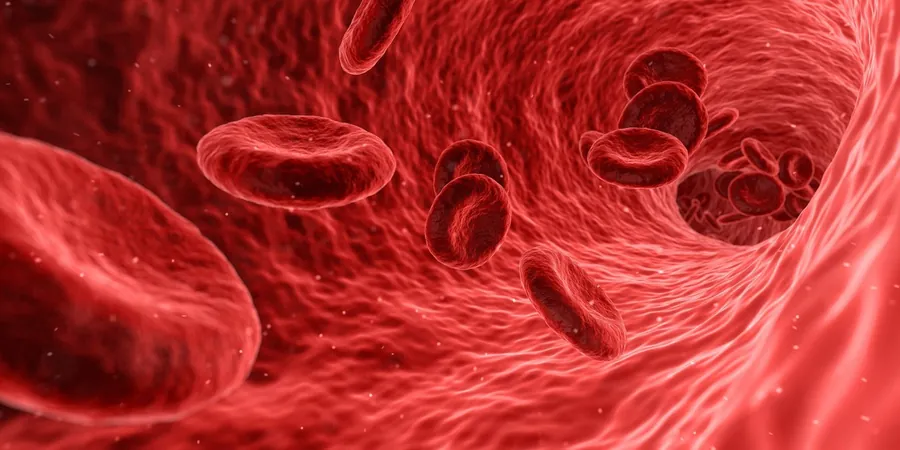
Revolutionary Group Therapy Boosts Treatment for Schizophrenia Patients!
2025-08-26
Author: Wei
Unlocking Potential: The Power of Group Therapy in Schizophrenia Treatment
For many facing schizophrenia, symptoms can creep in during their teenage years up until around age 30. Early treatment of this chronic condition is crucial for better outcomes. Sadly, countless individuals receive their diagnosis much later—or worse, many abandon treatment after experiencing severe side effects from antipsychotics, leading to dangerous cycles of relapse and homelessness.
Overcoming these hurdles becomes even tougher as patients often resist help when they spiral downward. With the added complication of medical and mental health issues, effective treatment can feel like an uphill battle.
Could Group Therapy Be the Game-Changer? A New Study Explores!
What if adding tailored group therapy focusing on health education and cognitive skills could spark a transformation? A compelling study recently published in *Medicine* on August 1, 2025, explored this very question. After just eight weeks of specially designed group therapy, researchers noted significant improvements in treatment adherence, depressive symptoms, and cognitive function among participants!
The study, led by Zhiyong Nie and Yurong Lu from The Second Psychiatric Hospital of Wuhan, involved 92 patients admitted between 2019 and 2022. Participants, roughly split between genders and averaging 46 years old, were randomly assigned to either an intervention or control group, ensuring each group received identical daily medications.
A Unique Approach: Personalized Group Therapy!
The innovative therapy sessions consisted of small groups—four to six people—led by psychotherapists. Interestingly, participants received personalized attention in these sessions, blending the benefits of group support with the focus of individual therapy.
These group sessions featured individualized health education that illuminated the causes and treatments of schizophrenia, all tailored to each participant's gender, age, and education level. This approach was designed to empower patients with a better understanding of their condition.
Cognitive tasks encouraged engagement while allowing for customization according to personal needs, fostering connections through personal sharing of experiences, medical histories, and treatment aspirations.




 Brasil (PT)
Brasil (PT)
 Canada (EN)
Canada (EN)
 Chile (ES)
Chile (ES)
 Česko (CS)
Česko (CS)
 대한민국 (KO)
대한민국 (KO)
 España (ES)
España (ES)
 France (FR)
France (FR)
 Hong Kong (EN)
Hong Kong (EN)
 Italia (IT)
Italia (IT)
 日本 (JA)
日本 (JA)
 Magyarország (HU)
Magyarország (HU)
 Norge (NO)
Norge (NO)
 Polska (PL)
Polska (PL)
 Schweiz (DE)
Schweiz (DE)
 Singapore (EN)
Singapore (EN)
 Sverige (SV)
Sverige (SV)
 Suomi (FI)
Suomi (FI)
 Türkiye (TR)
Türkiye (TR)
 الإمارات العربية المتحدة (AR)
الإمارات العربية المتحدة (AR)